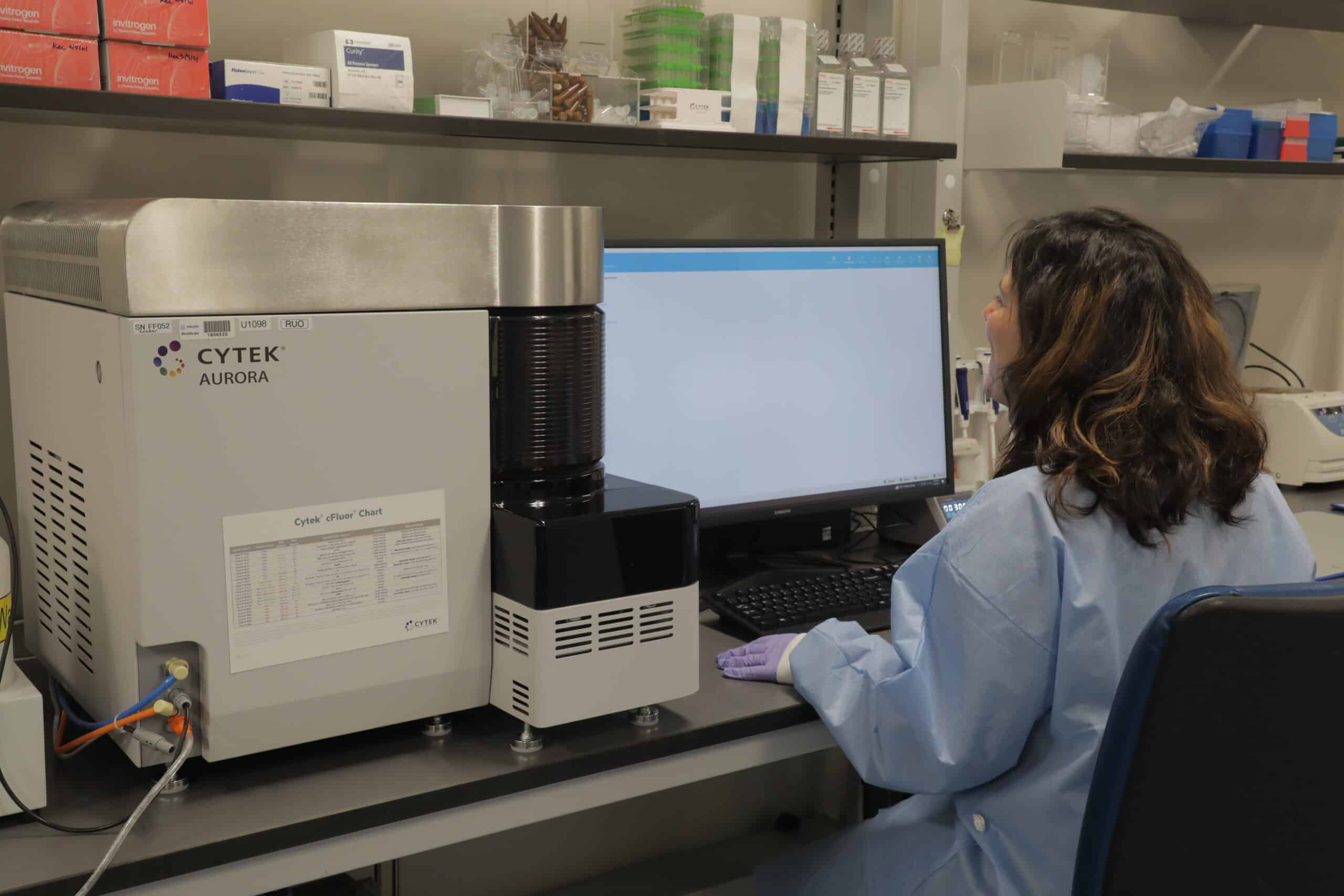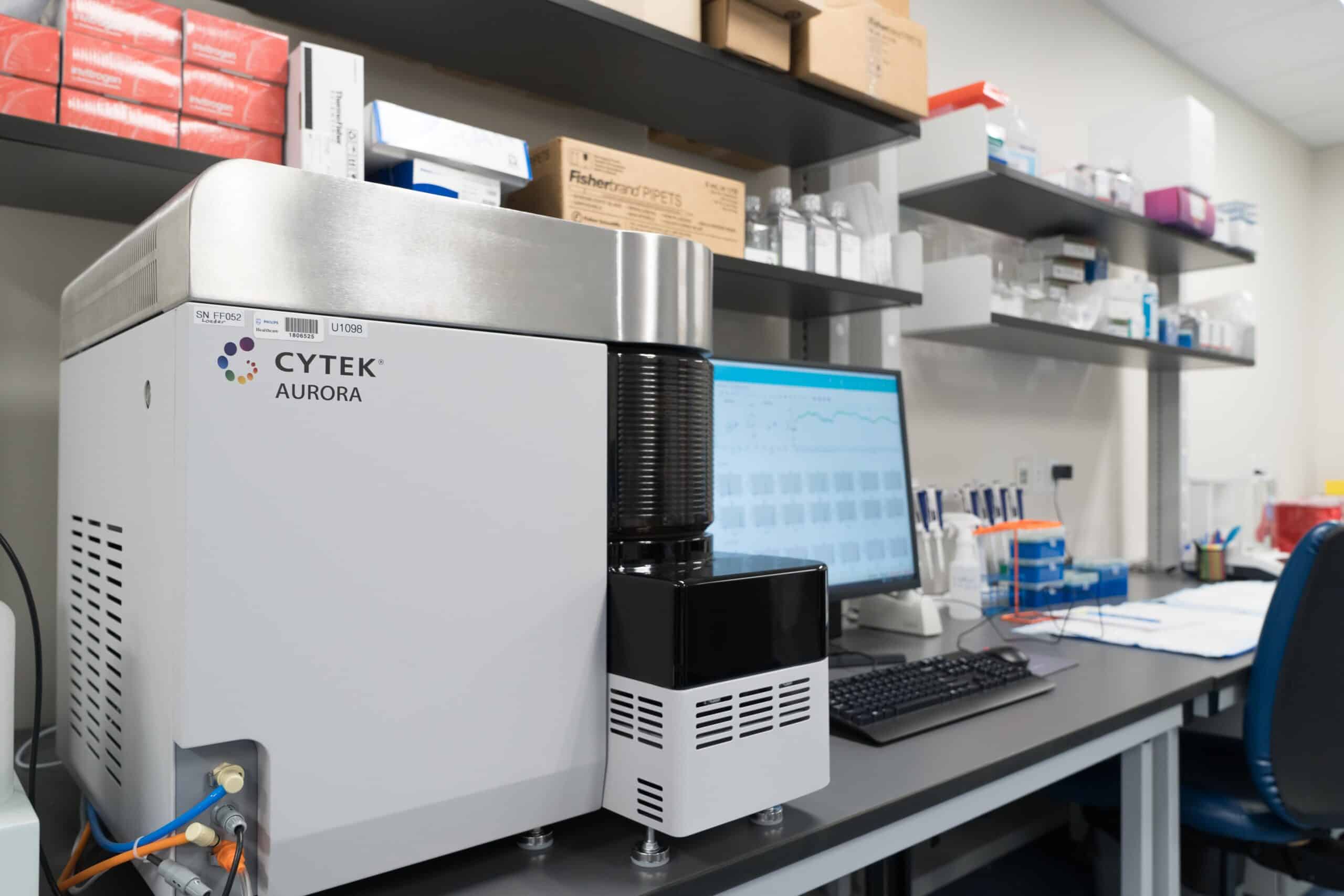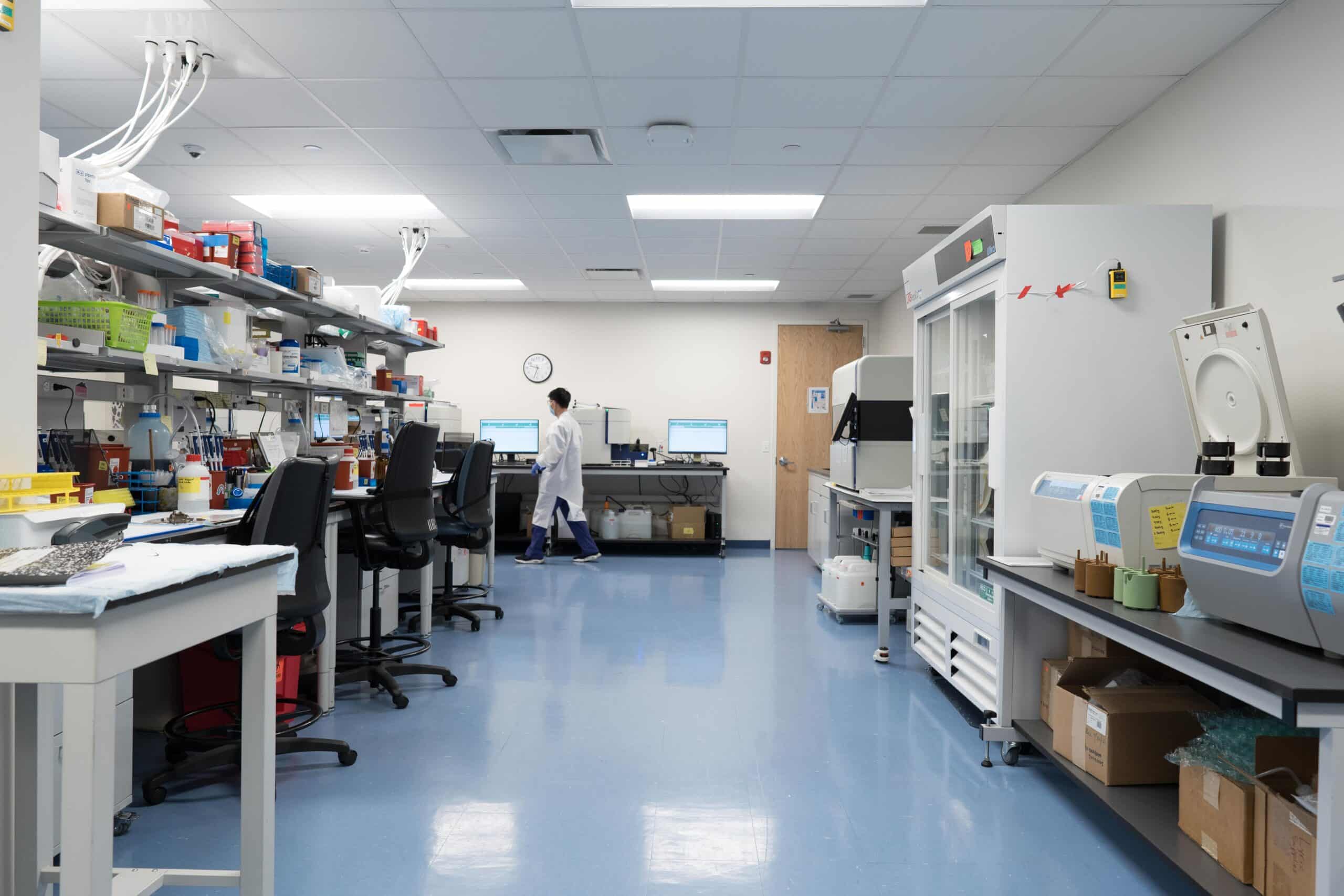The advancement in cell and gene therapies, particularly chimeric antigen receptor (CAR) T cell therapy, marks a significant breakthrough. A prevalent approach in current CAR T cell therapies involves using the patient’s own modified T cells, known as autologous CAR T cells. However, due to their cost-effectiveness and ready availability, there is an increasing shift towards next-generation allogeneic CAR T cells in clinical trials. These allogeneic CAR T cells are derived from healthy donors and engineered for therapeutic use.
Innovative Techniques for CAR T Cell Detection and Monitoring
For the detection and monitoring of CAR T cells in patients, two main techniques are employed: PCR and flow cytometry. Flow cytometry, however, stands out for its ability to determine the phenotype of CAR T cells. This feature of flow cytometry is vital for assessing the expansion and persistence of CAR T cells in patients, aligning with the FDA’s draft guidance recommendations. The role of flow cytometry extends beyond detection to playing a pivotal role in monitoring CAR T cells during clinical trials. It enables investigators to gain deeper insights into the behavior of CAR T cells post-infusion and their interaction with the patient’s endogenous immune system. Understanding these dynamics is crucial for evaluating the efficacy and safety of CAR T cell therapies.
In summary, flow cytometry is not just a tool for detection; it is a critical component in the advancement and monitoring of CAR T cell therapies, offering invaluable insights into the therapeutic potential and interaction of these engineered cells within the patient’s immune system.
In this poster, first presented at ESCCA 2023, discover how Cerba Research has implemented both autologous and allogenic CAR T assays.

Poster – Development and Validation of Flow Cytometry Assays for Autologous and Allogenic CAR T in Global Clinical Programs
Reach out to our experts and discover how we can transform research and advance health together




